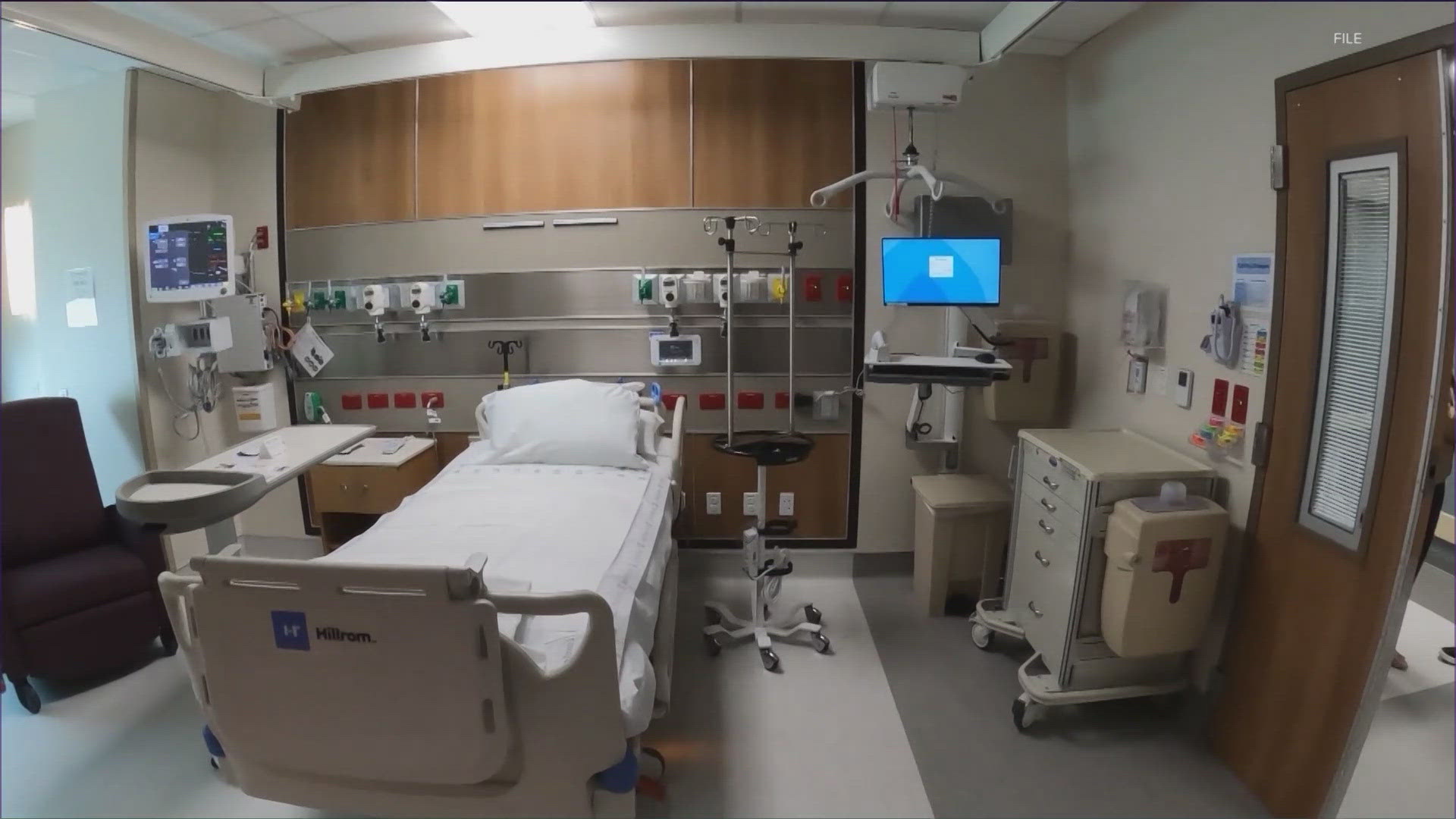AUSTIN, Texas — Hospitals across Texas will soon have to ask patients seeking care for their citizenship status as part of an executive order signed off by the governor.
The new order, which takes effect on Nov. 1, will require doctors and nurses to ask people who need inpatient or emergency care if they are a U.S. citizen or not. However, it doesn't state whether patients are legally bound to answer.
David Donatti, a senior staff attorney with the American Civil Liberties Union (ACLU) of Texas, said the order has created fear and "is just another intrusion by the state of Texas."
"Regardless of your immigration status, federal law is crystal clear that you are entitled to receive health care," Donatti said "And I would hope and encourage everyone to seek out care when they need it."
According to the Texas Human Health and Services (HHSC) – the department put in charge of reporting the information to the governor, lieutenant governor and speaker of the House – the response of of the patient won't affect their care.
Donatti stated it is safe for someone to say they prefer not to answer or they don't know their status.
"It's actually a very complicated and complex series of questions. Doctors and nurses that we have talked to are not immigration attorneys and they do not want to be," Donatti said.
Hospitals will start gathering information on Friday and reporting it back to the HHSC by March 1, 2025.
Carrie Williams, a spokesperson with the Texas Hospital Association, emphasized the message that people shouldn't be discouraged seeking care, saying:
"The bottom line for patients is that this doesn’t change hospital care. Texas hospitals continue to be a safe place for needed care. On the particulars of implementation, all hospitals are different. Hospitals across the state are working on the backend to determine how to comply with the reporting guidance and meet the state’s deadlines."
In August, when the order was signed, Gov. Abbott pointed to the financial burden as the reason for issuing the order.
“Texans should not have to shoulder the burden of financially supporting medical care for illegal immigrants," Abbott wrote in part.
Donatti said when it comes to costs, Texas isn't saving money with this order – rather it's adding to costs with the implementations. He also noted that Texas has the highest uninsured rate in the country.
"It may be damaging in the long term if people do as we fear and anticipate that they will delay seeking care because a hospital cannot turn away an emergency patient, but that is the most expensive time to care for somebody," Donatti said "So if someone lets a medical issue linger, it ends up being a lot more expensive for everyone."
KVUE also reached out to St. David's HealthCare about how it will be tackling the order. We received the following statement:
"Like other hospitals across the state, St. David’s HealthCare will ensure compliance with any new legal or regulatory requirements. St. David’s HealthCare is committed to providing the highest-quality patient care. As part of this commitment, we provide care to all patients who come to our facilities, regardless of their ability to pay, in accordance with the Emergency Medical Treatment and Labor Act (EMTALA)."

